5 Lessons Feminists Can Learn from Wonder Woman
My husband took me and our three oldest daughters to the first available screening of the eagerly awaited Wonder Woman last night. Uncertain how this “strong female lead” would be portrayed, we left our younger ones at home while we previewed it.
The film delivered beyond all our highest hopes; therefore, I took the rest of the family to a matinee showing this morning so that they could enjoy and discuss it, too. It is a beautifully told tale of virtue and honor and purpose and passion and sacrifice. Wonder Woman touches on some of the deepest and most powerful truths I’ve seen portrayed on the silver screen in a long, long time and contains, I think, some particularly important lessons for feminists:
She fully embraces her femininity
While modern day feminists downplay the differences between male and female, Wonder Woman (played by Gal Gadot) displays those distinctions with beauty and grace. Long hair, soft skin, curvaceous figure — she makes no attempt to hide her womanly appearance. In fact, her manner of dress rather accentuates her feminine features.
What’s more, Wonder Woman seems instinctively drawn to babies and is stubbornly intent on protecting innocents — especially children — from harm. In a current cultural climate that equates female empowerment with abortion rights, Diana’s tenderness toward little ones is refreshing (as is the fact the actress herself was pregnant during filming — her bulging belly had to be CGI’d out in the retakes).
She brings out the best in the men beside her
Modern day feminists act as if they are in competition with men, as if honor and respect are a zero-sum game. Wonder Woman does not belittle or demean men in an attempt to make herself look better. Instead, she draws out the very best in them and inspires those fighting alongside her to be better and braver and nobler than they were before.
Even when, in the wake of personal failure, one team member suggests the others would be better off without him, Diana simply asks, “But then who will sing for us, Charlie?” Rather than deriding him for his weakness, she graciously reassures him that he is still wanted and needed. In doing so, she affirms his dignity, restores his confidence, and strengthens his resolve.
This elevating influence — this ability to encourage, motivate, and energize — has always been one of woman’s greatest strengths. When she wields it effectively, society as a whole benefits. Unfortunately, modern day feminists have traded this ennobling power for a lowest-common-denominator brand of equality that pushes women to adopt man’s basest characteristics, and both sexes have been diminished as a result.
She accurately appraises her enemy
Modern day feminists have declared war on the opposite sex. They view all men — by virtue of the fact that they are men — as oppressors, rapists, and abusers, and treat them as such. Guilty until proven innocent.
Wonder Woman views men as corruptible, but also redeemable. She knows that the soldiers she fights on the battlefield are not her true enemy. That title belongs to Ares, the god of war. Diana believes that only by defeating this formidable foe can she free mankind from the evil power of his grasp.
She pursues her purpose with passion
“Stopping the war is our fore-ordinance,” Diana reminds her mother. “As Amazons, it is our destiny.” Wonder Woman does not shy from this destiny, despite the daunting and dangerous task before her. She is fierce but idealistic, powerful yet compassionate. She defends those who cannot defend themselves, although doing so comes at a cost of great personal sacrifice.
Modern day feminism portrays women as a victim class. It thrives on trigger warnings, safe spaces, and self-centeredness. It’s hard to imagine this current generation of snowflakes having enough chutzpah to do anything that requires grit, determination, or self-sacrifice, but maybe Wonder Woman will serve as a strong female role model they so desperately need — one who is genuinely kind, unashamedly feminine, and pays respect to the opposite sex as freely as she receives it.
She rightly recognizes the role of faith
“It’s not about what you deserve. It’s about what you believe.” Major Steve Trevor (played by Chris Pine) says it first, and Wonder Woman repeats it later. As a Christian, the truth of this statement especially resonates with me, as does Diana’s final analysis that darkness abides within the heart of every human, and “only love can save the world.”
All three observations are consistent with Biblical truth. Our hearts are dark with sin (Jeremiah 17:9). We deserve death (Romans 6:23), but receive mercy when we put our faith in Christ (Ephesians 2:4-9) who demonstrated His great love for us by dying in our stead (Romans 5:8), that the world through Him might be saved (John 3:17). For God is love (1 John 4:8) and salvation comes only through Him.
More like this:
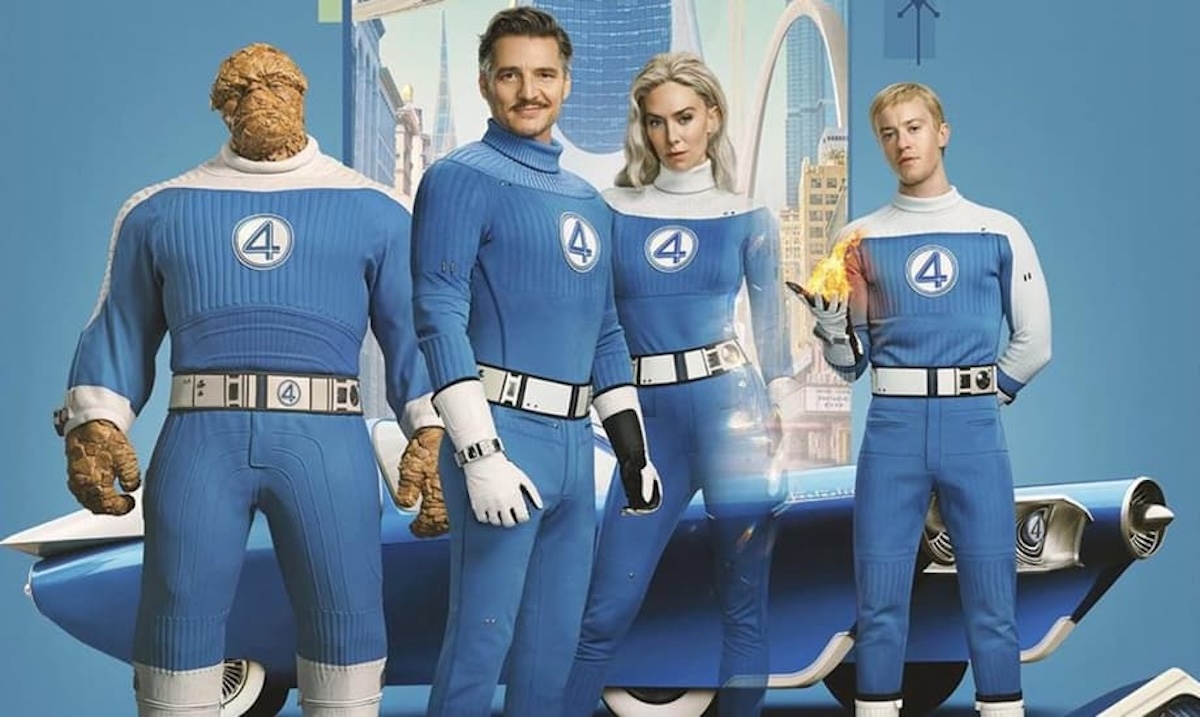
Fantastic Four Takes a Step in the Right Direction
My husband took me to see Fantastic Four: First Steps over the weekend, and I was pleasantly surprised by the film’s pro-natal messaging.
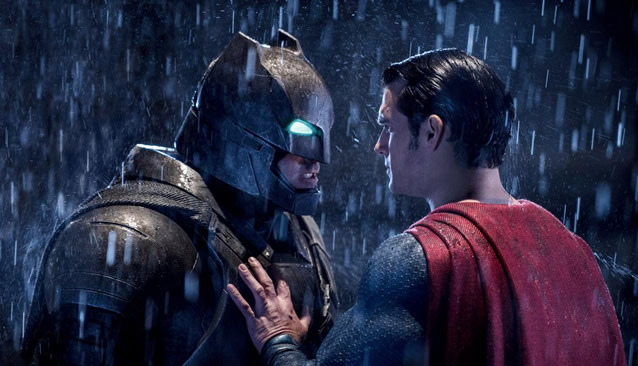
Batman V Superman: 7 Important Take-Aways
742 shares 732 10 My husband surprised me yesterday by bringing home tickets to Batman V Superman: Dawn of Justice….
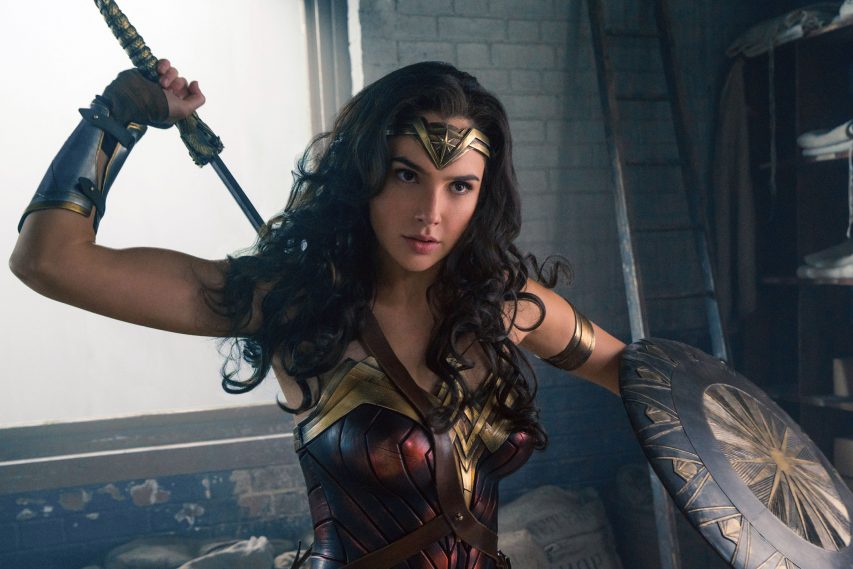
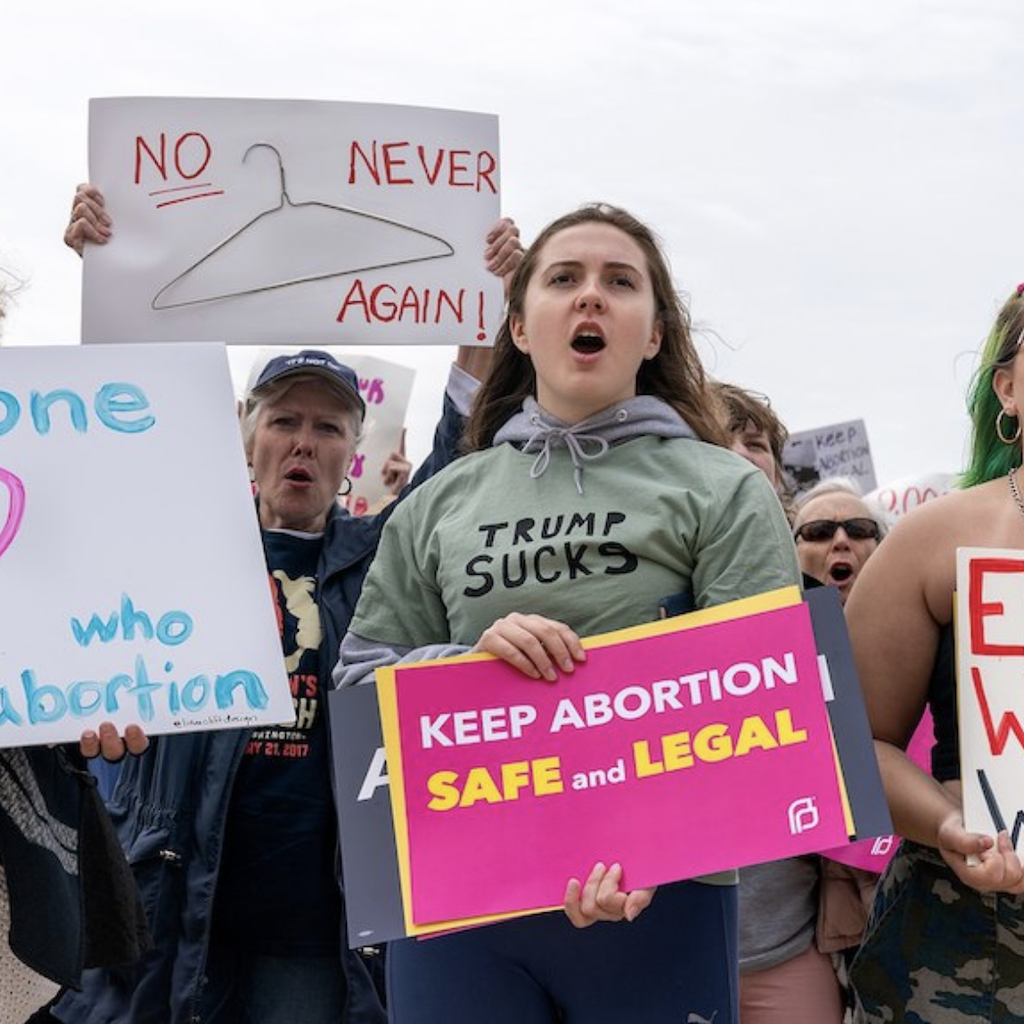
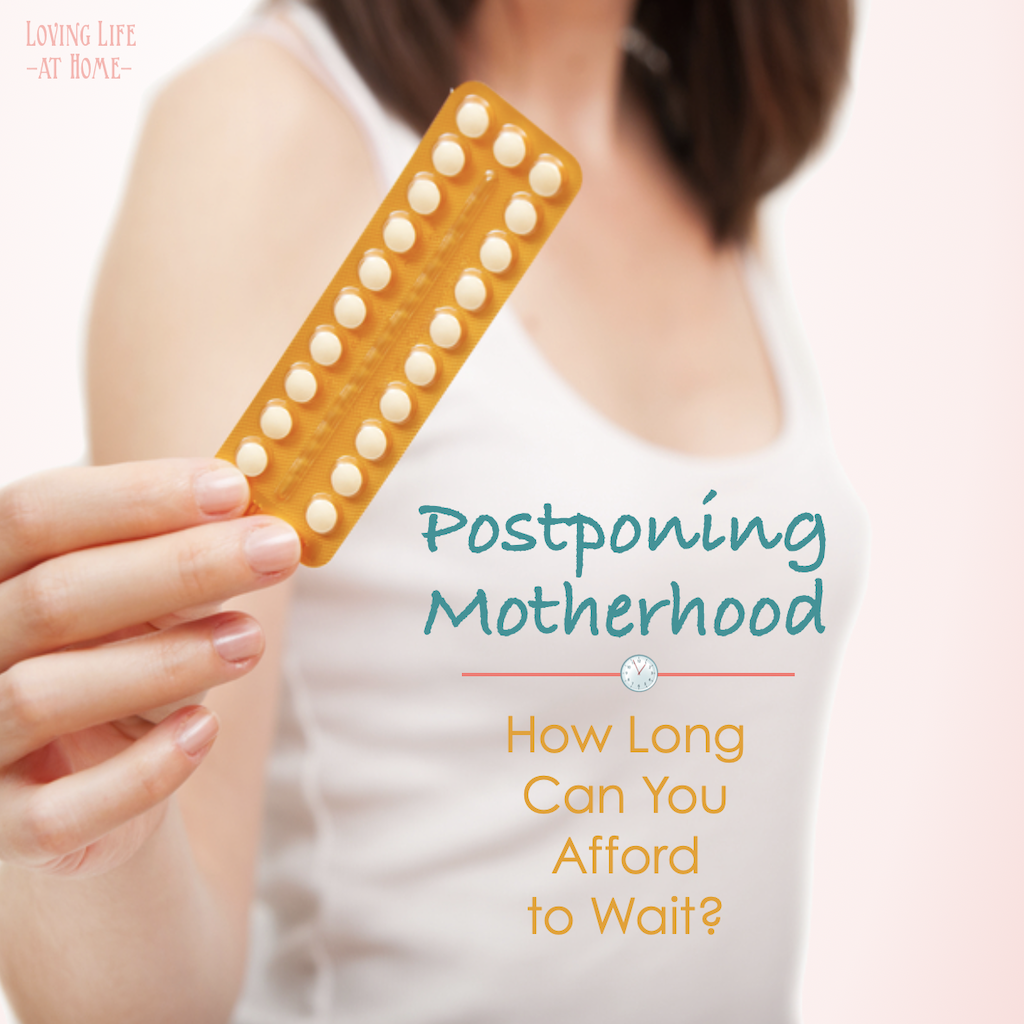
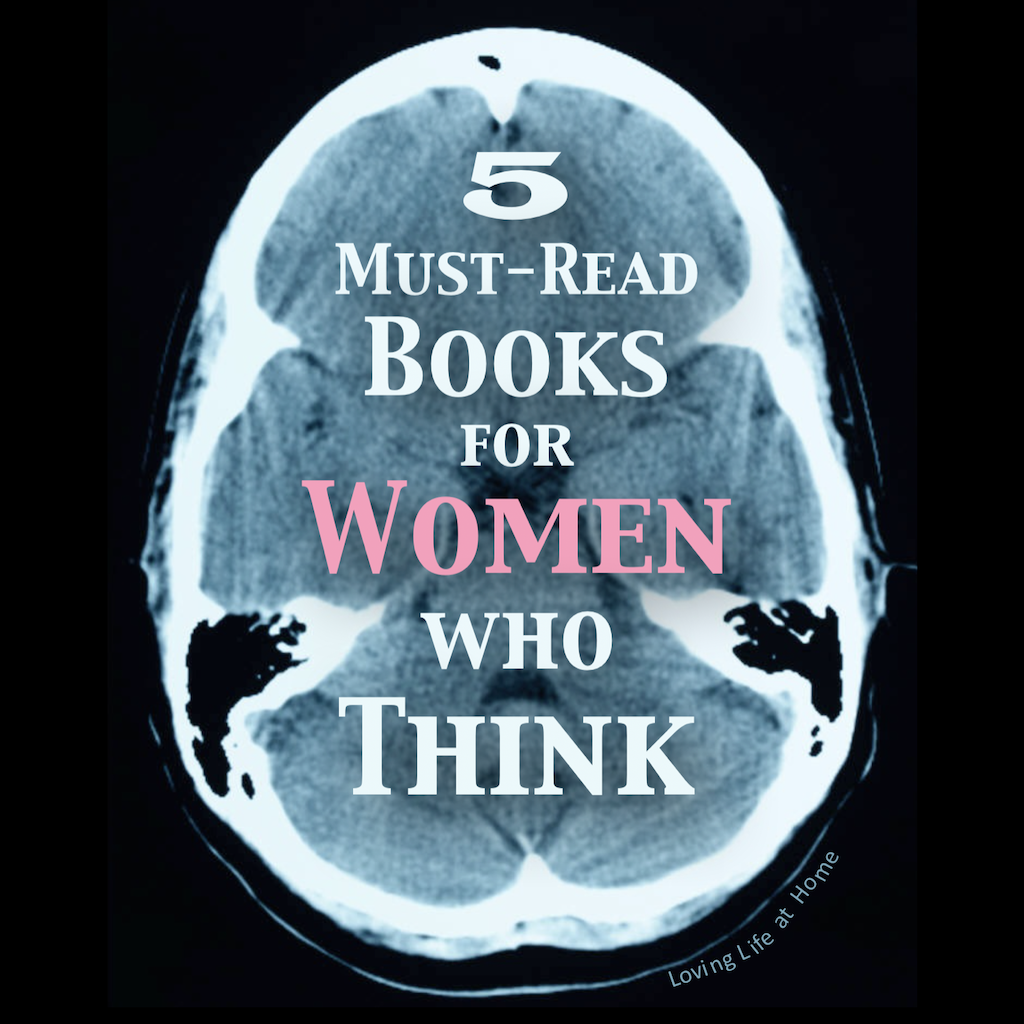
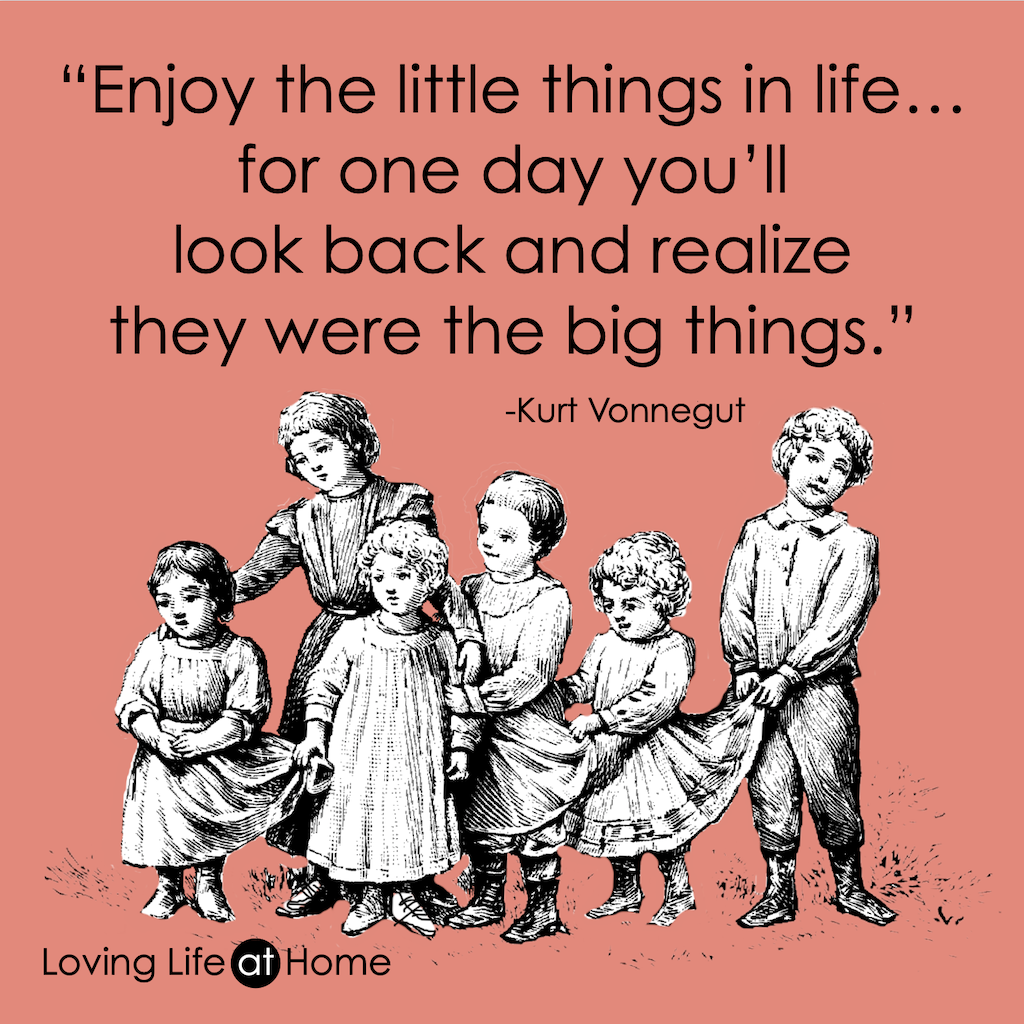

I enjoyed the film when my family watched it on DVD recently, but wow, you have given me a whole new perspective on what I saw.
I think that’s one of the benefits of discussing what we watch with others who’ve seen it, don’t you, Evelyn? It’s always enlightening to view things through a different lens.
This Wonder Woman movie is more closely a portrayal of “radical feminism,” while what most of us Believers think of as “feminism” is “liberal feminsm” and is pretty much anti-man, anti-family, anti-safety (or value) for women and children.
I would be completely leery of watching any movies that doesnt portray godly womanhood. Keeper of the home, submission to husband, having a meek and quiet spirit, modesty..hmm I dont see any of these things in wonder woman. I will pass on this movie.
Research on this character shows her to be far from anything a Christian should endorse. On inception She was portrayed as a bisexual goddess. The deceiver seems to be creeping into most all our media. Let’s pray for better discernment.
I’ve never read any of the comic books, Glenda, but that is not how she was portrayed in this movie. Even so, I would certainly not want you to see the movie if it would violate your conscious to do so. I am glad I saw it and felt it contained many positive messages, as noted above.
Neither have I read the comics. I just like to look a bit deeper at what our culture presents as entertainment. I came along when Dale Evans was an example of a heroine for girls. I gave away my age didn’t I….I’m just trying to encourage our younger Mothers to be very careful of what they allow to enter the minds of their children. Our enemy is very subtle, this we’ve know from the time of Eve.
I enjoy your blog and often point it out to others. You are doing a good work Jennifer. Keep it up.
I suggest you watch the movie again. Diana is definitely, absolutely in a society where lesbianism and bisexuality are normal and accepted. Do you recall the scene when she and Trevor were in the boat?
Wonder Woman: “You refer to reproductive biology? … Yeah, I know. I know all about that.”
Wonder Woman’s male helper Steve: “I refer to that and, you know, other things.”
WW: “The pleasures of the flesh.”
Steve: “Do you…know about that?”
WW: “I’ve read all 12 volumes of Clio’s treatises on bodily pleasure.”
Steve: “All 12, huh? Did you you bring any of those with you?”
WW: “You would not enjoy them. … They came to the conclusion that men are essential for procreation but when it comes to pleasure, unnecessary.”
When her aunt Antiope died, the woman who ran and flung herself over her was Menalippe, her lover.
Diana and Trevor had sex. That was obvious.
Diana was drawn to babies because she’d never seen one in person.
The quote about what you believe is not a quote about god. This is a movie where a plurality of gods and goddesses do exist. That quote was about what you believe everything is all about.
Diana embraced her sexuality, not femininity. She was owning herself in how she dressed, not hiding who she was, not denying anything, and showing her powerful body without shame, and rather than her coming across as sexualized, even to you, she comes across as powerful.
You really don’t know what modern-day feminism is about. We want equality, not more power. We know there are good men out there, a lot of them, but we want to see the men who do rape us given more than a slap on the wrist because jail might be hard on them.
This isn’t the Christian movie you’ve mistaken it for. It’s just that good of a movie, that you don’t want to dislike it. It’s overtly feminist, and it’s amazing. I look forward to the sequel.
Some interesting trivia. William Moulton Marston, creator of Wonder Woman, was in a polyamorous relationship. His wife and girlfriend both lived with him, and he had kids with both. He was very much into the power of women and believed in female supremacy. Diana’s lasso and wrist cuffs represent BSDM tools.
I never claimed Wonder Woman is a Christian film, Anna, only that it contains some truths that resonate with my Christian beliefs. Before you accuse me of reading too much between the lines or seeing things in the story that are not obvious to other viewers, you need to reexamine your own claims about this film.
Diana comes from a society of women, true, but no mention is made in the film of their sexual orientation. They are Amazons. There are no men on the island and no contact (until now) with the outside world. How could bisexuality be considered “normal and accepted” in such a society?
You say it’s obvious Diana had sex with Steve Trevor, yet all we are shown is one kiss, fully upright, fully clothed, no groping or hurried shedding of heavy coats or any other items of clothing. Just a single kiss. Then a shot of the snow outside. Then a shot of the team reassembling the following morning, with no sidelong looks or knowing glances between any of the characters. Maybe the kiss led to something more. Maybe it didn’t. The viewer must make a lot of assumptions to fill in the blank either way. Given that Steve was so protective of Diana from the very beginning and behaved in such a noble and upright manner throughout the movie, it’s at least within the scope of possibility that one kiss is as far as it went.
You say Diana owned herself in how she dressed and came across as powerful rather than sexualized, yet the primary gripe I’ve read from feminists protesting the film is that Gal Gadot’s costume served to hypersexualize and objectify her. They also complain that the male characters made too many comments about Diana’s unsurpassed beauty (which was undeniably feminine, if you didn’t notice, and made use of a little extra padding to accentuate her curves even further).
In the movie, Diana’s lasso and wrist cuffs are used strictly for fighting evil, gaining intelligence, and deflecting bullets. No other purpose for those tools is mentioned or implied.
Here’s some interesting trivia for you: You say Wonder Woman is overtly feminist, yet director Patty Jenkins insists “She’s not a feminist. It never occurred to her that she would treat somebody differently to somebody else, which is the stronger statement.”
As for Diana’s comments on the boat, her final statement is controversial but technically true: “For procreation, men are integral, but for purposes of pleasure, unnecessary.” Sadly, when sex is completely stripped of its procreative potential and pursued solely for pleasure, as is often the case in our culture today, her statement seems only logical. However, God designed pleasure and procreation to go hand-in-hand and to be enjoyed only within the context of marriage by a husband and wife committed to one another and to raising the children who result from their union. Anybody okay with divorcing these two aspects of sex must inevitably reach the same conclusion as the author Diana was quoting.
This is an awesome article! I haven’t seen the movie yet, but plan to go see it tonight.
Hope you enjoy it as much as we did, Hope!